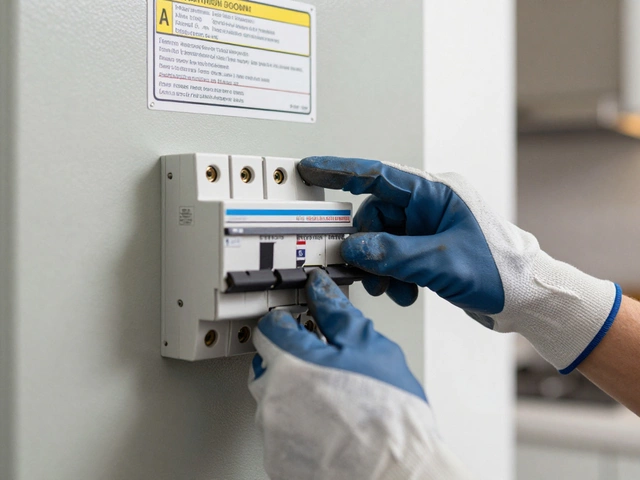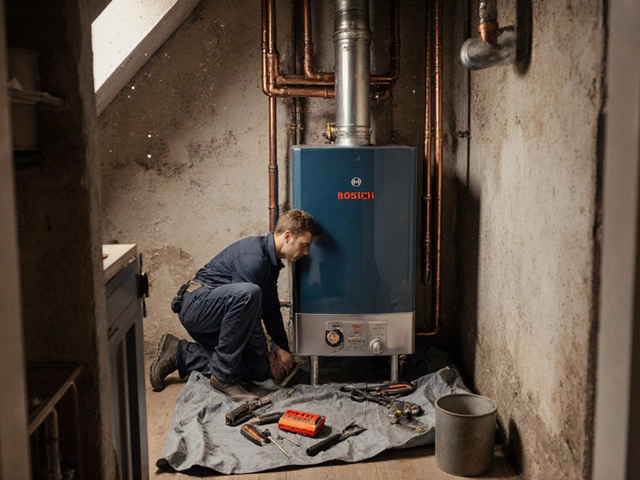Ever wonder why your oven stops heating or your dishwasher never seems to dry? Most of the time it’s a simple function that’s gone off track. Knowing how the key parts of your appliances work can save you time, money, and a lot of frustration.
Every appliance has a core job – a dishwasher washes dishes, a heat pump moves heat, a washing machine spins clothes clean. Behind those jobs are a few basic components: heating elements, motors, fans, sensors, and control boards. When any of these parts fail, the whole device can feel broken.
Take an electric oven, for example. Its job is to turn electricity into heat via an element. If the element burns out, the oven won’t get hot. The same idea applies to a fridge: a compressor squeezes refrigerant, and a fan blows cold air around. A broken fan means the fridge stays warm even though the light works.
Most homeowners can spot the first signs of trouble without calling a technician. Here are a few quick checks you can do:
If any of these steps restore function, great – you’ve saved a callout fee. If not, it’s usually time to call an expert, especially for gas‑related appliances or anything that involves high voltage.
One rule of thumb: if you’re unsure about handling electrical components, pause and call a qualified repair service. Safety first, always.
Understanding the basics of how appliances work makes you less likely to panic when something stops working. Whether it’s a dishwasher that won’t drain, a boiler that’s making strange noises, or a fridge that’s warm but still lights up, the root cause is often a single failed function. Spot it early, try a quick fix, and you’ll keep your home running smoothly without blowing your budget.

Curious about how your home appliances actually work? Get a full breakdown of what happens inside, troubleshooting tips, and smart ways to keep everything running smoothly.

Extractor fans are a lifesaver when it comes to clearing out steam, smoke, and nasty odors, but many people forget they actually need a little love now and then. This article cracks open the question of whether extractor fans need maintenance, and if so, what kind and how often. We'll cover quick tips, warning signs, and busted myths around fan care. Get the straightforward facts (and a few surprises) about keeping your fan working its best. No nonsense, just super practical info you can use right now.

Learn how to safely fix a burnt electric hob by checking the element, testing with a multimeter, replacing parts, and preventing future damage. Avoid fire risks with these step-by-step tips.

Struggling with an electric oven that isn't doing its job? This article guides you through common problems you might face with your electric oven, from strange noises to uneven cooking. You'll learn specific symptoms to watch for and practical ways to check what's wrong before calling a professional. Discover tips to keep your oven running smoothly and avoid kitchen headaches. No complicated jargon—just real advice that actually works.

Struggling with a kitchen extractor fan that's lost its power? This guide explains how to find and fix common blockages that cause bad smells and poor airflow. Learn step-by-step how to safely clean your fan and make it work like new, plus get handy maintenance tips to stop future clogs. We break down the process so you don't need tools or special skills. Get your kitchen back to normal without calling in an expert.

Replacing a boiler costs thousands because it's not just the unit-it's labour, safety checks, pipe upgrades, and compliance. Learn why this big investment is necessary and how to avoid overpaying.